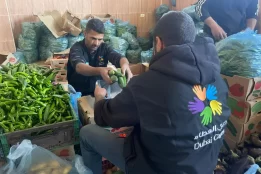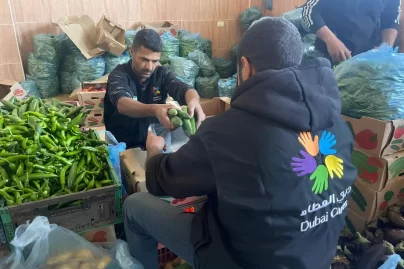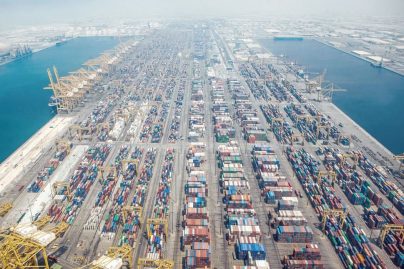How chocolate can help climate change
Mon 05 Jun 2023
Hamburg: At a red-brick factory in Hamburg, Germany, cocoa bean shells are fed into one end, and come out the other as an incredible black powder that could be used to counter climate change.
The process of making the substance, biochar, involves heating cocoa husks to 600 degrees Celsius in an oxygen-free space. The procedure traps greenhouse gases, and the resulting material can be utilized as fertilizer or as an ingredient in the production of “green” concrete.
The Intergovernmental Panel on Climate Change (IPCC) of the UN estimates that biochar has the potential to be used to capture 2.6 billion of the 40 billion tonnes of CO2 that humanity now produces annually.
However, expanding its use is still difficult.
Peik Stenlund, CEO of Circular Carbon, told AFP at the biochar factory in Hamburg, “We are reversing the carbon cycle.” One of the largest plants in Europe receives the spent cocoa shells from a nearby chocolate factory via a system of gray pipes.
In a method that might be applied to any other plant, the biochar traps the CO2 that is present in the husks. The carbon contained in the unused byproduct of the cocoa shells would be released into the atmosphere as it decayed if they were disposed of as usual.
Before being identified in the 20th century by scientists investigating incredibly fertile soils in the Amazon basin, biochar had already been utilized as fertilizer by indigenous communities in the Americas.
The factory in Hamburg is warmed by the heat produced by the installation’s piping and enveloped in a slight chocolate scent. The finished product is dumped into white bags and sold as granules to nearby farms.
Houben claimed that different uses for the potent black powder would need to be discovered. For instance, biochar might be used in the construction industry to create “green” concrete.
However, the biochar industry has come up with another approach to make money: selling carbon certificates. The plan is to market certificates to businesses seeking to offset their carbon emissions by creating a specific volume of biochar.
Biochar projects are expanding all over Europe. The biochar industry organization estimates that production will nearly quadruple to 90,000 tonnes this year from 2022.

 Apr 18 2024
Apr 18 2024













